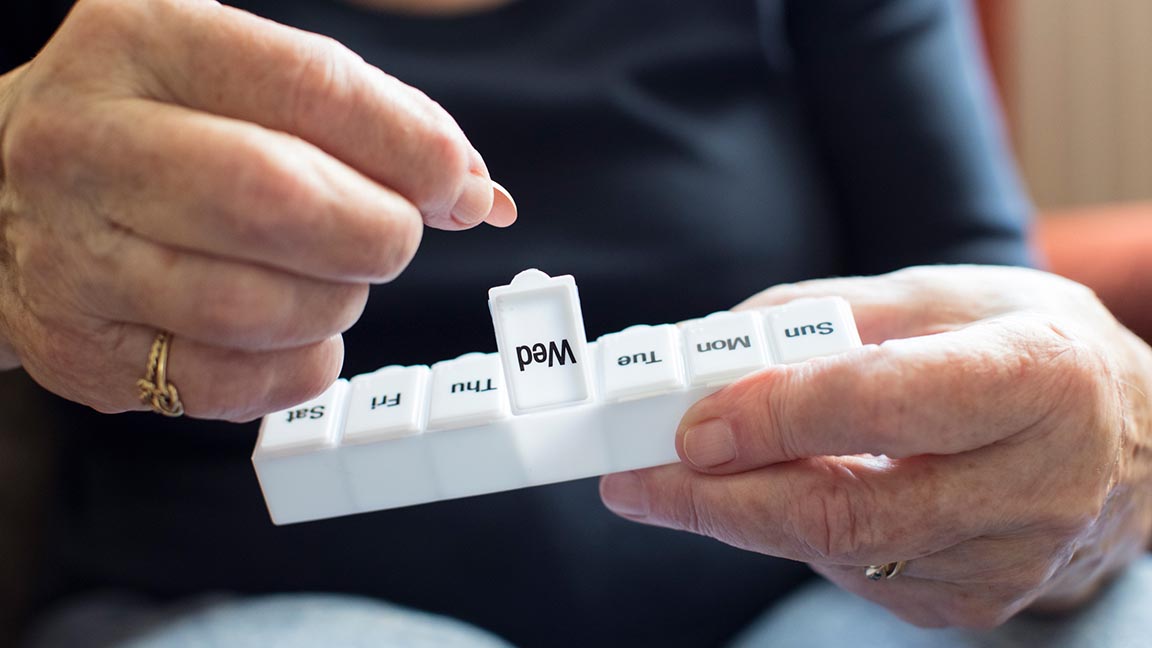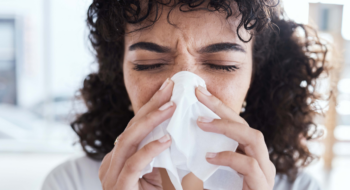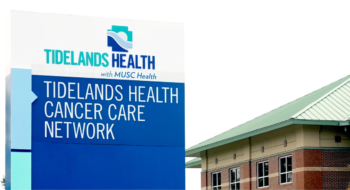There’s at least one scenario in which you’re guaranteed the medication you were prescribed won’t do a thing for you: You don’t take it.
And there’s at least one scenario in which the medication you were prescribed might actually do more harm than good: You don’t take it as prescribed.
While these might sound like common-sense observations, there’s often a gulf between what people know and what they actually do.
“Statistics show that a good portion of hospital admissions are due to medication mishaps and people taking medications the wrong way or not at all,” says Darrell Willm, director of inpatient pharmacy services at Tidelands Health.
Within Tidelands Health hospitals, there are several layers of redundancy to help ensure patients are given the correct medication at the correct dose, Willm says.
It starts with the prescribing physician, who conducts research to order the appropriate medication and dosage for a specific patient and condition.
When a pharmacist receives the physician’s order, the pharmacist reviews the patient’s medical records, lab work, microbiology, any cultures that have been taken, renal function, liver function and other information to help ensure sure the medication is appropriate for the patient and the dosing is correct. Only then can medication be administered to a patient, Willm says.
But after someone is discharged from the hospital, it’s the responsibility of the patient to make sure he or she is taking medications properly.
Here are some of Willm’s suggestions for avoiding trouble with medication:
1. Be careful about over-the-counter vitamins and herbs
Some vitamins and herbs interact with prescribed medication, so consult your physician or pharmacist before starting something new. Always keep an updated list of all medications, herbs and vitamins you’re taking, and review the list regularly with your physician and/or pharmacist — especially if you are prescribed a new medication.
2. Follow doctor's orders
A recent study from Brigham and Women’s Hospital found that 30 percent of Type 2 diabetes patients don’t start taking insulin when their health care providers recommended it, with the average start time two years later.
That means some patients put unnecessary strain on their bodies by continuing to have high blood sugar that could make them vulnerable to serious problems, such as stroke or kidney disease.
“Some patients avoid taking prescribed medication because they want to be able to control a disease by themselves,” Willm says. “We absolutely want patients to be engaged in their health and wellness, but medications are necessary for some conditions to be properly controlled.”
3. Don't take the wrong pill by mistake
If you get confused after removing a pill from the bottle, you may be able to identify it using an online search. Many reliable Internet sites list the names of drugs by the number contained on the pill. If you’re still uncertain or want to double-check, call your pharmacist or physician before taking the pill.
4. Don't save leftovers
Willm says medications can start to degrade after they’ve been unsealed, and they can be ineffective or even harmful (particularly antibiotics) if they’re kept too long.
Always use medications as prescribed, and safely discard any unused portions. Some police departments accept drop-offs of opioids and other addictive drugs, Willm says.
5. Stay organized
Studies show many older adults take between two and seven pills per day, and that’s a lot of tracking and remembering. Willm encourages patients who take multiple medications to form a routine, always taking pills at the same time or after the same activity, such as eating lunch or brushing your teeth. A variety of inexpensive pill organizers are available to keep track of doses.
6. Follow directions
Paying close attention to, and sticking with, directions are two ways to prevent most medication-related problems, Willm says.
“It sounds simple, but you’d be surprised how often we hear people say, ‘Yeah, I saw the directions, but I just wanted to change this a bit,’” he says. “It can cause serious problems, so it’s always better to check first.”
7. Seek help if you can't afford your medications
Financial constraints are one of the most common reasons why people don’t take a medication. Make sure to talk to the prescribing physician to ensure you are receiving lower-cost generic versions of medications, where possible.
Still unable to afford a medication? Residents of Georgetown, Horry and Williamsburg counties can call Tidelands Community Care Network at 843-520-8586 to see what programs for low-cost or free medications they may qualify for.




